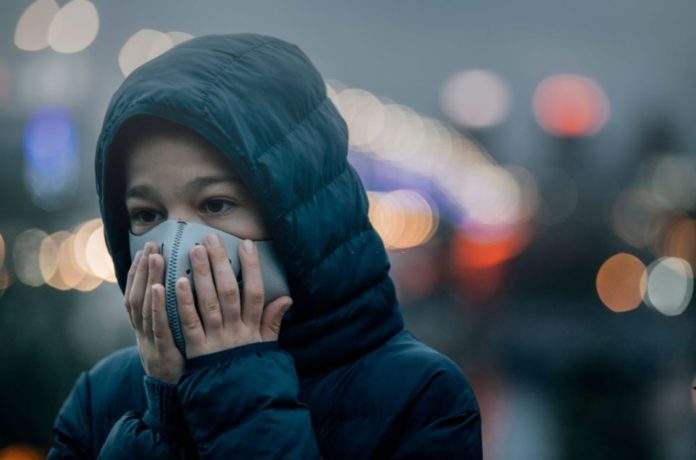Surprisingly, over 95% of children in non-smoking households and those who were subjected to home smoke restrictions still had nicotine on their hands.
Young children touch everything, including floors, tables, toys, and clothing, before touching their mouths and faces. This exposes kids to thirdhand smoke, which is the chemical residue from tobacco smoke left in the dust and on surfaces after someone smokes or vapes.
Although it is important to educate parents and other family members about the importance of preventing children’s exposure to thirdhand smoke by prohibiting smoking in homes and cars, a new study published in JAMA Network Open reveals that these individual preventative steps are insufficient.
Researchers from San Diego State University and the University of Cincinnati employed an innovative way of swabbing the hands of children as young as 11 years old to evaluate the quantities of nicotine present, which is a sign of thirdhand smoke exposure.
More than 97 percent of the 504 children in the research had nicotine on their hands in some form. Surprisingly, even in non-smoking households with home smoke restrictions, more than 95 percent of children had nicotine on their hands.
“This study filled an important gap. We have done a lot of research about thirdhand smoke in private homes, cars, hotels, and casinos, but we haven’t had access to clinical populations,” says Georg Matt, a psychology professor at SDSU.
Notably, it was discovered that measures to safeguard children from tobacco exposure are very beneficial in these vulnerable communities. As a result of parental measures such as no smoking in the house and no smoking in the car, these children’s hands contained significantly less nicotine.
Tobacco use among kids also differed according to their socioeconomic status and race.
Lower-income children had much more nicotine on their hands than children from higher-income households. Children of African-American parents had more nicotine on their hands than children of white or mixed-race parents.
“Low-income children and children of Black parents have the most of this involuntary exposure; this is a wake-up call to protect vulnerable children and is an overlooked part of housing disparities,” adds Penelope Quintana, co-author of the study.
“With COVID, everybody is spending more time indoors and more time at home. If you live in an environment where people smoke or used to smoke, you’re going to be more exposed to thirdhand smoke than you were before,” adds Matt. “This study further highlights the importance of the quality of indoor environments.”
The researchers plan to look into other signs of thirdhand smoke exposure and health effects in the future. They believe that their findings will help to strengthen smoking restrictions, remediation methods, and policies that require real estate brokers and landlords to disclose third-hand smoke levels in residences.
Image Credit: Getty
You were reading: More Than 95% Children Have Tobacco On Their Hands, Even in Non-Smoking Home, Study Finds
